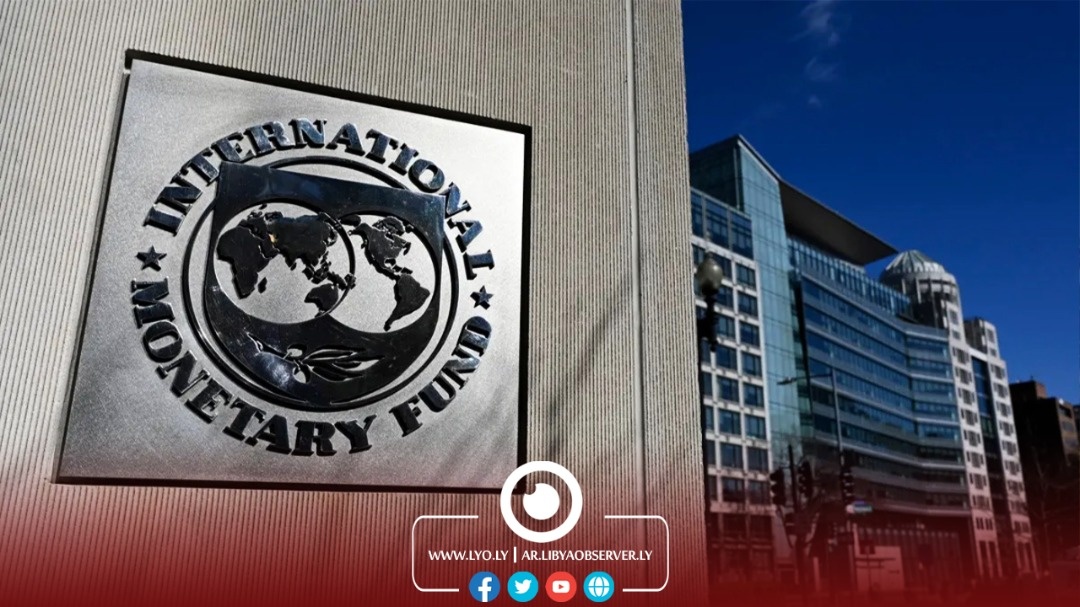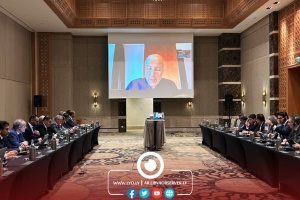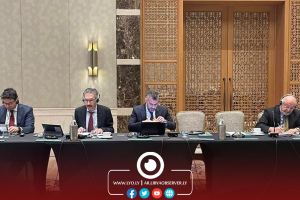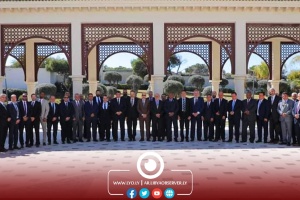The International Monetary Fund (IMF) has resumed its monitoring operations in Libya after a decade-long hiatus, with the country seeing economic recovery following its recent achievements in data collection, exchange, and transparency, the IMF announced on Tuesday.
In its recent report, the IMF highlighted the state of dispersion the country had suffered from since 2011, saying it hampered policymaking and the collection of key economic data. On the other hand, the statement confirmed that Libya made significant efforts to move forward and overcome the economic challenges brought by political conflict.
The report identified several key strengths and opportunities, which it said will support Libya’s recovery, including having the Central Bank of Libya maintain a large stock of international reserves, supported by a fixed exchange rate, capital controls, and various temporary arrangements.
All this "played an important role in helping the country overcome the exceptional swings in oil production and revenues that occurred post-revolution," the IMF says.
The UN agency indicated that the vast oil and gas reserves, which Libya enjoys, make it one of the highest GDP per capita levels in Africa.
"Hydrocarbon production will continue to be a critical part of Libya’s economic future, making up around 95 percent of exports and government revenue."
The IMF anticipated that the Hydrocarbon project will grow by about 15 percent in 2023, following an increase in activity after an oil blockade limited production in 2022.
On the other hand, a diversified economy away from oil and gas and fostering stronger and more inclusive private sector growth will remain a key challenge, the agency said.






